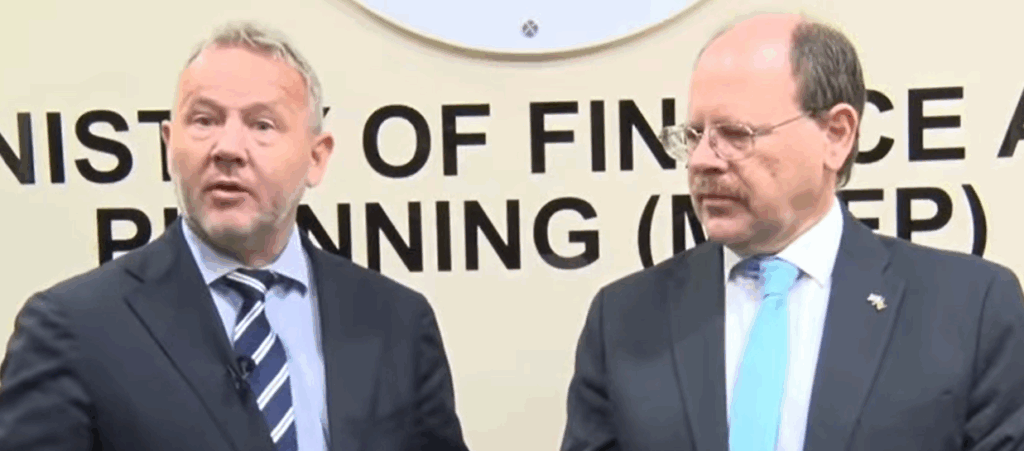South Sudan’s finance minister, Athiang Diing Athian, met Thursday with the ambassadors of the United Kingdom and Norway, who pressed for greater transparency in the country’s management of oil revenues and public funds.
The meeting in the capital, Juba, focused on the national budget execution process, salary payments for civil servants and organized forces, and the clearance of arrears. The discussions come amid longstanding international concerns over corruption and the lack of accountability in the world’s youngest nation.
South Sudan, which gained independence from Sudan in 2011, has been plagued by civil war and endemic corruption. Watchdog groups routinely rank it among the most corrupt countries in the world.
The country’s economy relies overwhelmingly on oil, which makes up the vast majority of government revenue. While South Sudan is believed to produce between 30 and 40 tons of gold annually, that revenue is largely absent from the national budget, according to recent reports.
The non-oil revenue sector remains underdeveloped and is marred by a lack of transparency.
In statements to the state-run South Sudan Broadcasting Corporation after the meeting, the diplomats outlined specific demands.
Norwegian Ambassador Roar Haugsdal said the discussion centered on the work of the Public Financial Management Oversight Committee.
“Of course, we were asking the minister for more transparency on all revenues and their allocations, transparency on salary payments and arrears, credible quarterly budget execution reports, transparency on oil-backed loans and their fiscal implications, and finally progress on the transition to a centralized system of national accounts,” Haugsdal said.
U.K. Ambassador David Ashley announced that Britain is taking over from Norway as co-chair of the oversight committee this month. He stressed that effective financial management is critical as international aid declines.
“It’s very important that South Sudan uses effectively the resources it has, including oil revenue,” Ashley said. “From our perspective, public financial management is an important institution to ensure that the revenues are used effectively for the benefit of the people of South Sudan.”
Ashley added that Athian agreed with that perspective and supported the oversight committee’s objectives.




